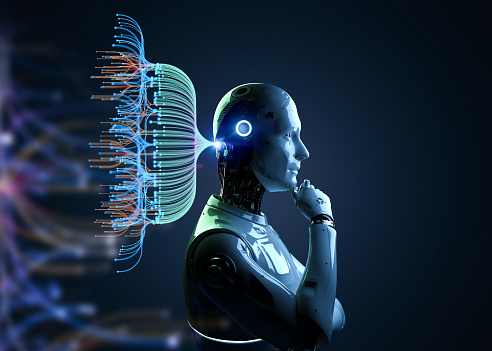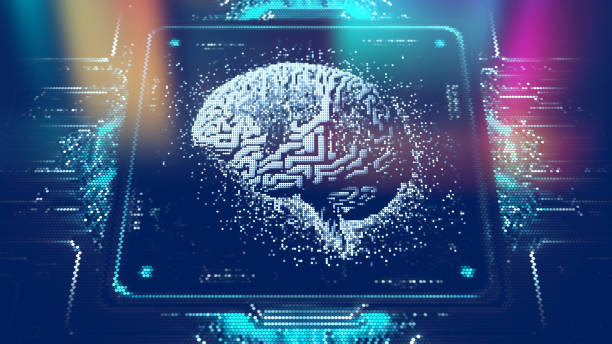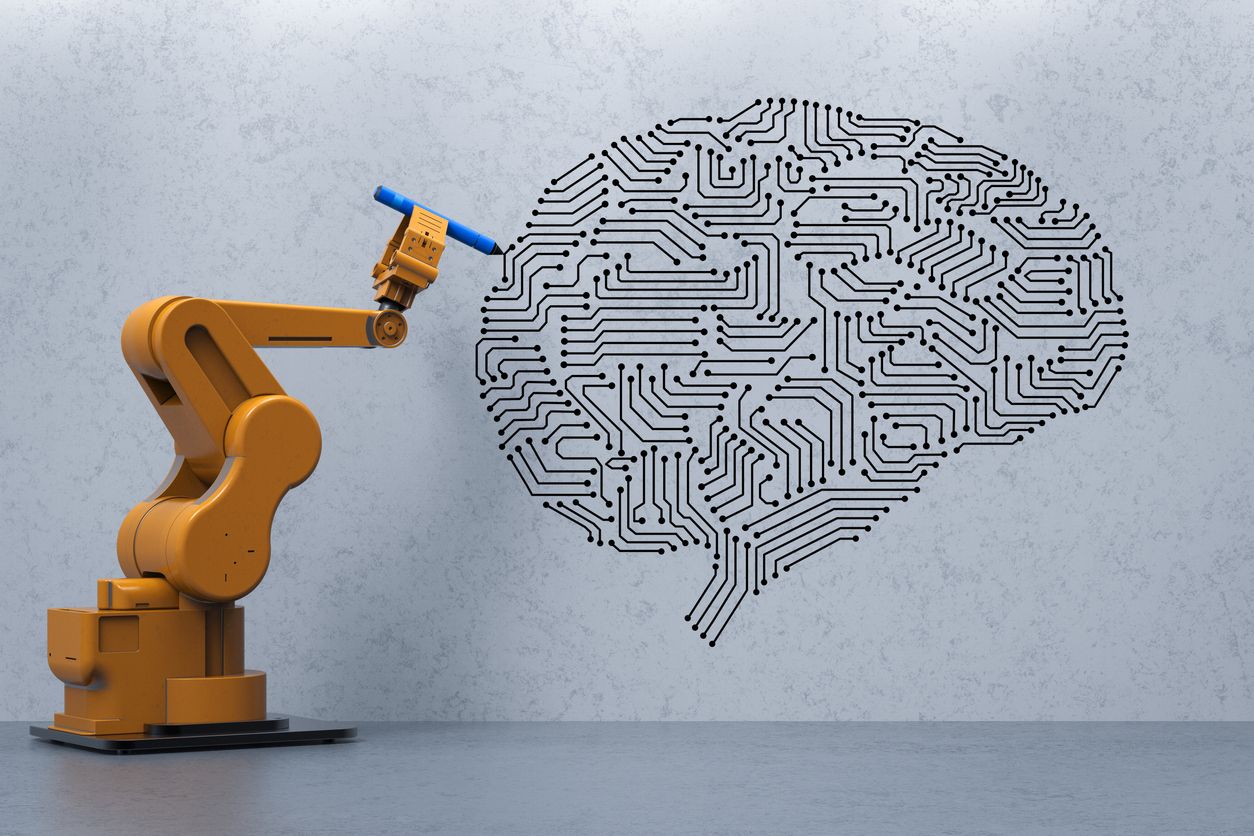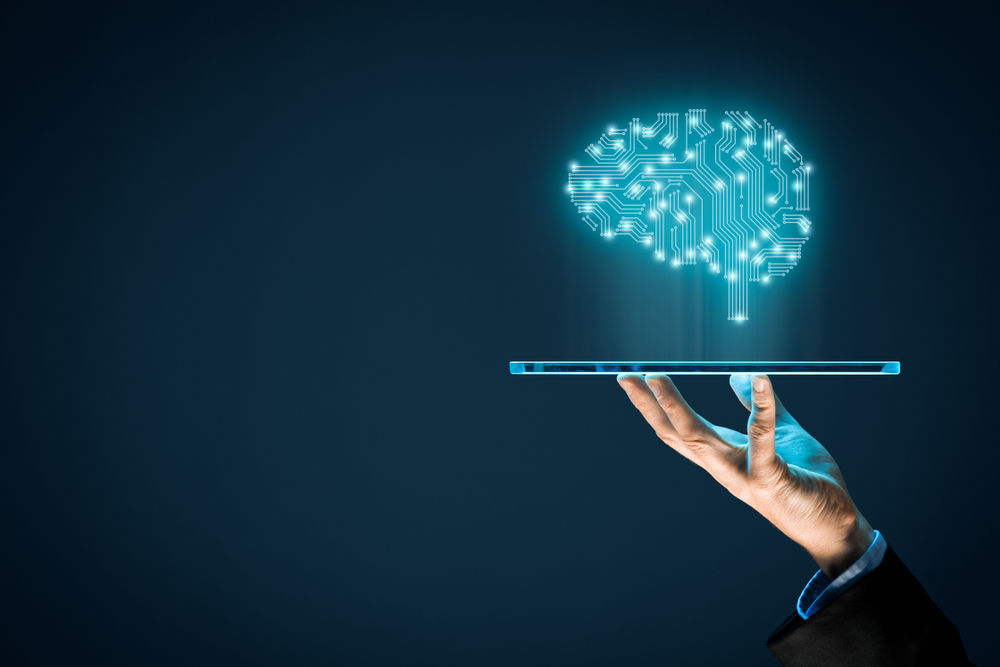Robotics is a rapidly growing industry that’s revolutionizing manufacturing. From making products on an industrial scale to automating tasks, robots have come a long way in recent years. One of the key benefits of using robots is their ability to work with artificial intelligence (AI). AI is a technology that allows machines to learn and work autonomously. As robots continue to develop, they will need to be able to use AI in order to carry out complex tasks. Without it, they would be unable to learn and grow as quickly as they currently do. This means that not only will you see more automation in the manufacturing world, but you’ll also see more use of AI. So what does this mean for the future of robotics? Read on to find out!
Robotics is changing the world
Robots are changing the world, and this is especially true for industrial robots. These machines are becoming ever-more versatile and able to handle more complex tasks. But there’s one area where they still lag behind – artificial intelligence.
Artificial intelligence has the ability to interpret and manage data in a way that humans can’t. It can identify patterns and make decisions on its own. This is why robots need it in order to become truly autonomous.
This technology is already being used in industrial settings, where robots are able to navigate crowded spaces and work with other machines. But there’s much more that can be done with it. For example, AI could be used to create new products or design new manufacturing processes.
Robots are becoming increasingly intelligent and are taking on more and more tasks
Artificial intelligence is the newest and most advanced form of technology. It’s based on the theory that we can create intelligent machines that can think for themselves. And this is why robots need artificial intelligence: so they can do things that humans can’t do, like navigate through difficult terrain or handle dangerous tasks.
As artificial intelligence improves, it’s starting to take on more and more tasks. For example, some robots are now able to read and understand human speech. And in the future, they’ll probably be able to do even more things—like drive cars or operate factories.
So far, the benefits of artificial intelligence have been huge. For example, it’s helped us develop new technologies like smartphones and drones. And it’s going to play a big role in the future too—especially when it comes to automating processes like shipping and agriculture.
Artificial intelligence is necessary for robots to complete these tasks
Artificial intelligence is necessary for robots to complete these tasks. Without it, they would be unable to interpret and execute instruction from a human operator. This is why many experts believe that artificial intelligence will play a larger role in the future of industrial robotics.
Robots are already starting to use artificial intelligence to improve their performance. For example, some robots now can navigate through complex spaces more quickly and accurately than ever before thanks to the help of AI. In addition, AI is also being used to coach and train robots on how to do new tasks better and faster. As a result, industrial robots are becoming increasingly versatile and able to handle more complex tasks with greater efficiency.
As artificial intelligence continues to evolve, so too will the capabilities of industrial robots. This is good news for businesses across the globe because it means that they will be able to automate more processes without having to hire additional personnel. In turn, this will lead to increased productivity and cost savings for businesses of all sizes.
Benefits of using artificial intelligence in robotics
Artificial intelligence has many benefits for robotics, including helping robots learn more quickly and making them easier to operate. AI also helps robots identify and respond to patterns in their environment, which can make them more effective at tasks such as navigation. In addition, artificial intelligence can help robots interact with humans more effectively by understanding their commands and recognizing their facial expressions.
Concerns about using artificial intelligence in robotics
Artificial intelligence has come a long way in recent years, and it is now being used in many different fields. One area where AI is particularly important is in robotics. Robotics technology has advanced to the point where it can be used to perform tasks that would be difficult or impossible for humans to do. However, there are some concerns about using artificial intelligence in robotics.
One concern is that artificial intelligence could become intelligent enough to take over human societies. If the AI became powerful enough, it could design and build its own versions of robots, which would then be able to defeat human beings. This could lead to humans becoming slaves or robots ruling over humanity.
Another concern is that artificial intelligence could create dangerous weapons. If AI became capable of creating weapons that could kill people, it could become a danger to society.
Conclusion
Artificial intelligence is a rapidly growing field that will have an impact on virtually every industry in the near future. Whether it’s in manufacturing, healthcare, finance or retail- robots need AI to do their jobs effectively and safely. AI can help robots make better decisions, understand complex tasks and navigate hazardous environments. It also allows for more flexible and autonomous operation which raises the prospect of increased productivity across many industries.





